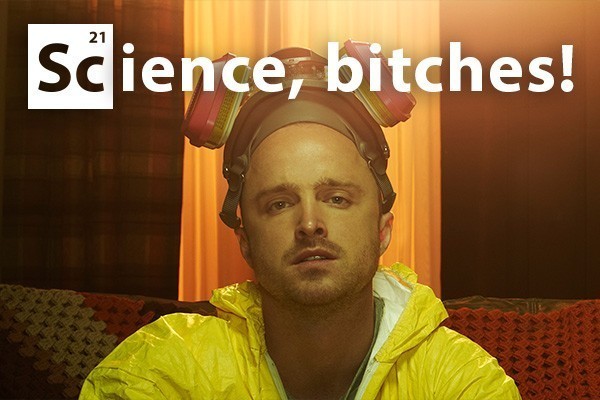Scientists recognise the Ross Sea as the world’s last pristine, intact ecosystem. The Ross Sea is a huge bay cutting into the Antarctic sea and continent. It is 4000 km from New Zealand, the most remote and southernmost fishery on the planet. Given its position, it is also completely inaccessible due to the presence of sea ice for half the year, but — still — it remains the most productive stretch of water in the Southern Ocean.
While the Ross Sea sounds like some kind of utopia for Antarctic animals, humans are once again threatening the ecosystem. In 1996 a New Zealand fishing vessel was sent down to the Ross Sea to find new fishing grounds. They discovered the “Antarctic toothfish”, the apex fish predator of a valuable and untapped ecosystem. Antarctic toothfish grow much larger (up to 150kg and 1.5m long) than other fish in the area. News spread of the discovery, and now 3000 tonnes of toothfish are extracted from the Ross Sea each year by a range of nations.
Ecosystems are a complex and fragile balance of different animals that prey on each other and the environment they live in. By severely lowering the population of toothfish in the Ross Sea, the predator-prey relations are jeopardised, disrupting the ecosystem’s natural balance. The effects of ecosystem disruptions are difficult to predict and extremely difficult to fix. The ecosystem includes penguins, minke whales, killer whales, krill and squid. Like ripples spreading on a pond, overfishing the toothfish has negative implications for the entire ecosystem. Everyone loses.
If business continues as usual, the spawning stock of toothfish will reduce by half over the next 35 years, and high-end restaurants now sell toothfish suspiciously named as “Chilean seabass”. But there’s hope! New Zealand groups are spearheading movements to protect the Ross Sea. The film, The Last Ocean, is a good place to start if you’re keen to learn a bit more or contribute to the movement.






